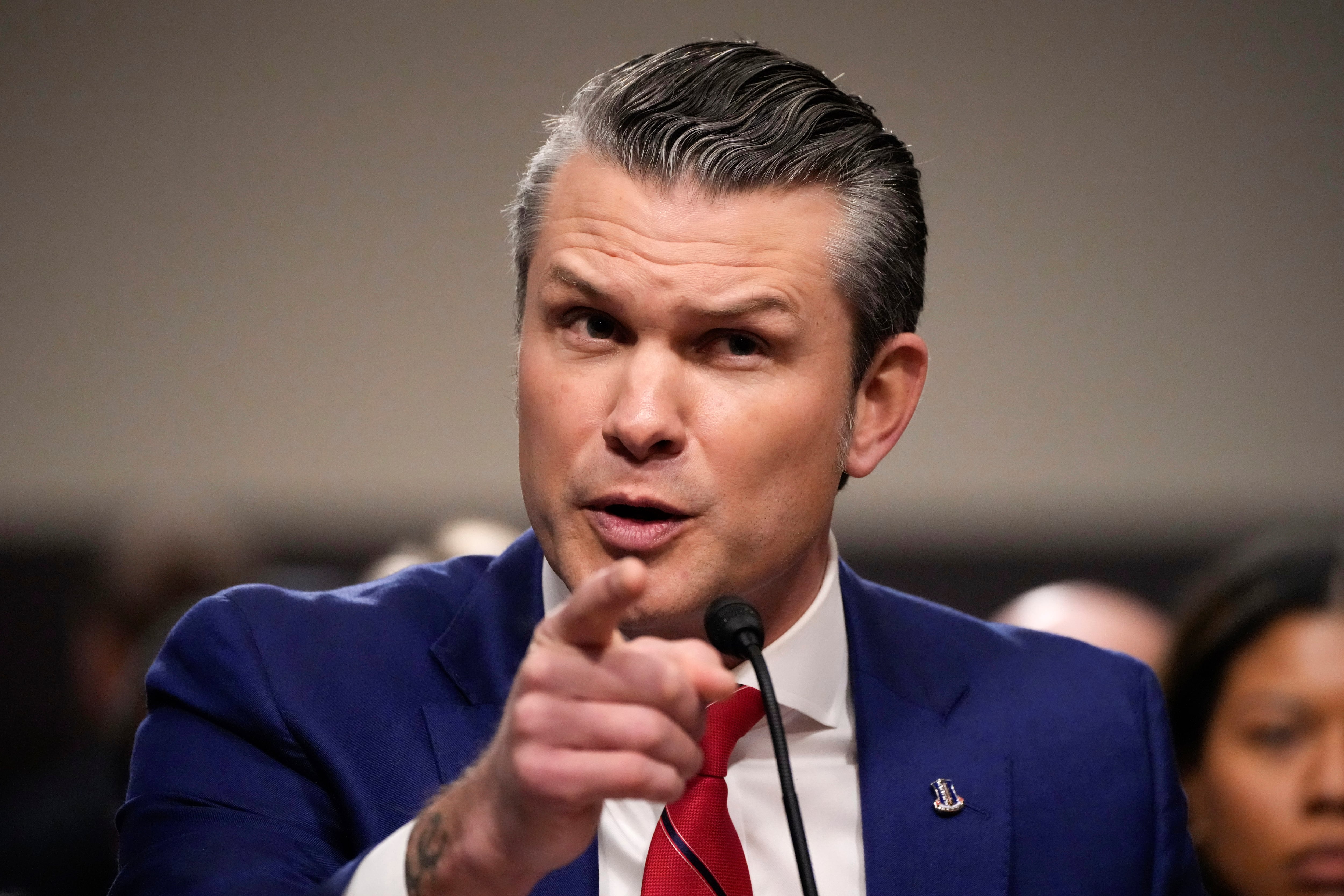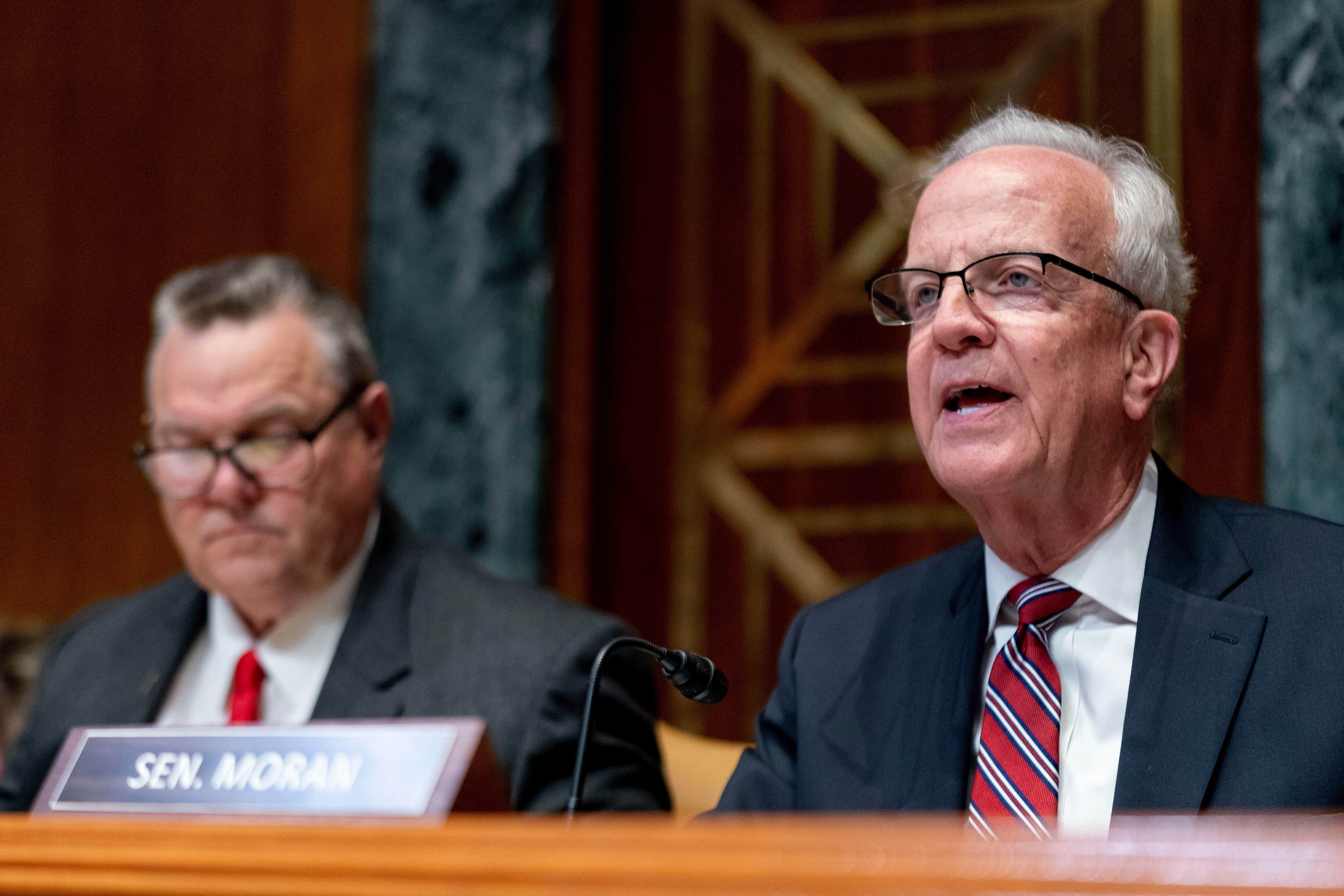Congress should call on "the old hands" including Marine Corps Gens. Jim Mattis and John F. Kelly to navigate political and military pitfalls in Iraq, a California lawmaker said this week.
In a July 17 letter to House Armed Services Committee chairman Buck McKeon, R-Calif., Republican Rep. Duncan Hunter asked for a hearing featuring experienced Marine Corps and Army officers who served in Iraq to offer their perspectives on the country's current instability, which experts believe to be the result of poor governance, sectarian violence and attacks from jihadist militant groups.
Hunter named Brig. Gens. Robert Castellvi and William Jurney, Cols. J.D. Alford and Tim Bleidistel, retired Col. Mike Shupp and retired Lt. Col. Joe L'Etoile as examples of Marine officers who could offer insights from their own engagement with Iraqi leaders to help Congress better understand the current conflict. These Marines were at the center of the 2006 "Anbar awakening" in which Sunni tribal leaders pulled their support from al-Qaeda and began to back American efforts.
He also called on Mattis, the now-retired former head of U.S. Central Command, and Kelly, current commander of U.S. Southern Command, to lead the panel. Mattis commanded the 1st Marine Division during the 2003 invasion of Iraq, while Kelly saw multiple deployments to the country, serving as commander of all allied forces there in 2008 and 2009.
From the Army, Hunter said retired Gen. David Petraeus, who preceded Kelly as commander of Multi-National Force Iraq, and Maj. Gens. Sean McFarland and H.R. McMaster were best placed to offer insights. McFarland in particular is credited with leading Marines and soldiers in the turnaround of Ramadi, once the most violent city in the country.
Hunter previously wrote to Defense Secretary Chuck Hagel June 30, proposing a six-step plan in Iraq that included reassigning the aforementioned Marine and Army officers to engage with Sunni and Shiite leaders in Iraq.
"Having served in Iraq as a Marine Corps officer, I can tell you that the current situation creates feelings of anger and frustration," Hunter wrote. "My interest, however, is not to litigate the political past, but rather focus on what we must do — as a nation — to guarantee Iraq remains a friend and the victory that so many military men and women fought to achieve is not erased."
This latest letter comes on the heels of a July 15 remark by Gen. Jim Amos, commandant of the Marine Corps, that implied the U.S. could have made greater gains in Iraq by leaving a troop presence past the 2010 pull-out date.
"I have a hard time believing that had we been there, and worked with the government, and worked with parliament, and worked with the minister of defense, the minister of interior, I don't think we'd be in the same shape we're in today," Amos said.





